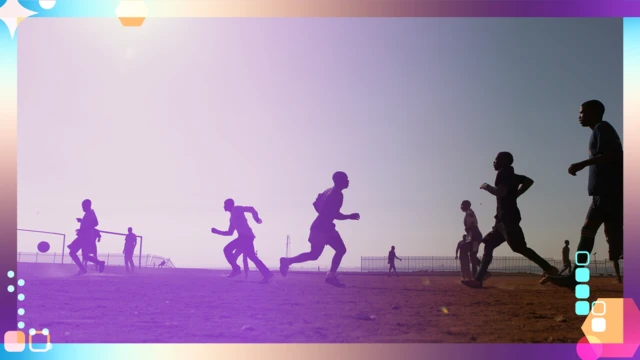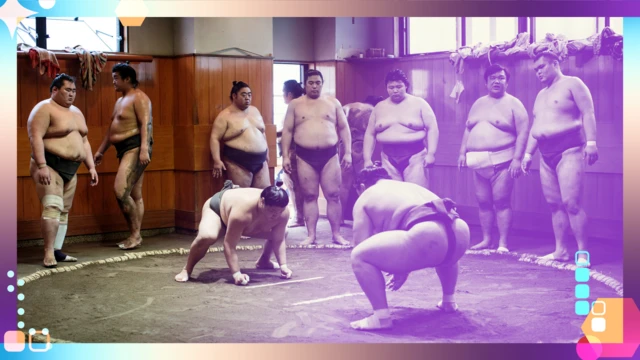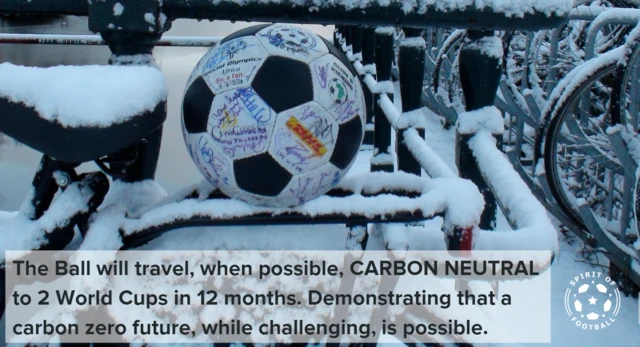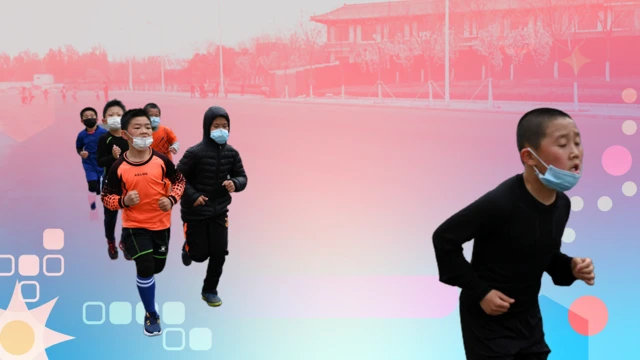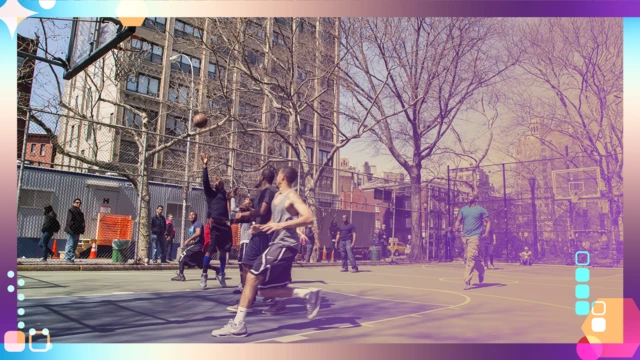Imagined contributions from the future...published at 21:25 BST 20 May 2021
Future news from a warmer world
 Sport 2050
Sport 2050
 Image source, BBC Sport
Image source, BBC SportFor Sport 2050 we have tried to imagine a range of impacts on a variety of different sports and locations in the future. By necessity that particular spread was narrow in focus but it is likely that the impacts will be felt in a much wider range of locations and sports, from elite level to grass roots.
Here we have the familiar format of a live text but with imagined contributors from the future, who tell us their different experiences of global warming’s impact on sport in their region, in order to catch a broader range of possible implications.
As with other elements of this project we have sought to contextualise those posts with comments from our panel of experts.
Additionally we have also included some contemporary responses to our wider, week-long project that have been sent in.
